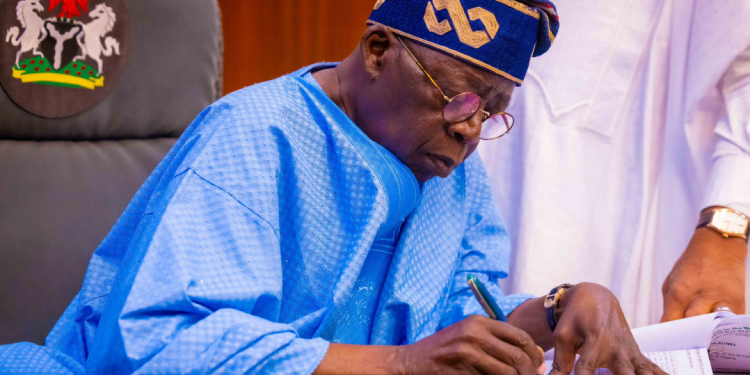The Federal Government (FG) has borrowed a total of ₦17.36 trillion from both domestic and external sources within the first 10 months of 2025, according to fiscal data reviewed by analysts.
This figure exceeds the ₦10.9 trillion prorated borrowing limit set in the 2025 Appropriation Act by ₦6.06 trillion, representing a 55.6 per cent overshoot.
The 2025 budget had approved a total borrowing of ₦13.08 trillion for the full fiscal year, meaning that government borrowings within the first 10 months have already surpassed the legal ceiling by a significant margin.
A breakdown of the data shows that the FG raised ₦15.8 trillion from domestic sources as of October 2025, while ₦1.56 trillion came from external borrowings recorded by mid-year.
In a bid to sustain fiscal liquidity, the government last week announced plans to raise an additional $2.35 billion (₦3.384 trillion) through a Eurobond issuance. If executed, this would push the total borrowing to ₦20.74 trillion.
Projections based on current domestic borrowing patterns suggest that total borrowings for 2025 could reach ₦23 trillion, nearly ₦10 trillion (80%) above the amount approved in the Appropriation Act.
Financial analysts have expressed growing concern over the persistent breach of borrowing thresholds, warning that the trend could trigger a self-reinforcing debt trap, weaken investor confidence, and crowd out the private sector from access to credit.
They also cautioned that the combination of rising debt servicing costs and weak revenue performance could further strain Nigeria’s fiscal stability, making it harder for the government to fund infrastructure and social programmes.
The 2025 borrowing spree underscores the deepening fiscal pressures facing the administration as it struggles to balance deficit financing needs with macroeconomic stability and debt sustainability.















